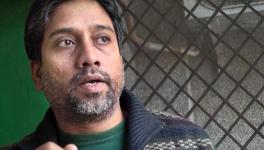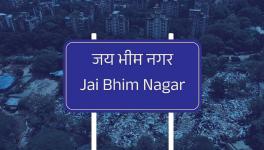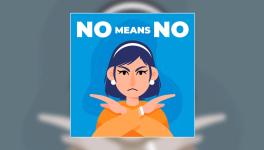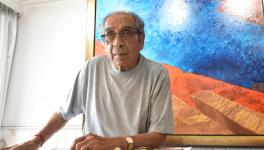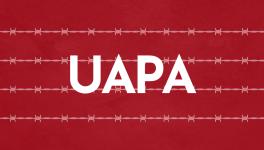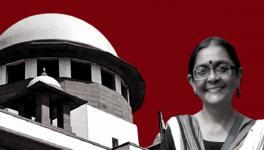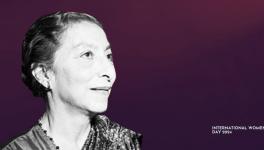Why Bail to Vara Vara Rao Augurs Well for Indian Democracy
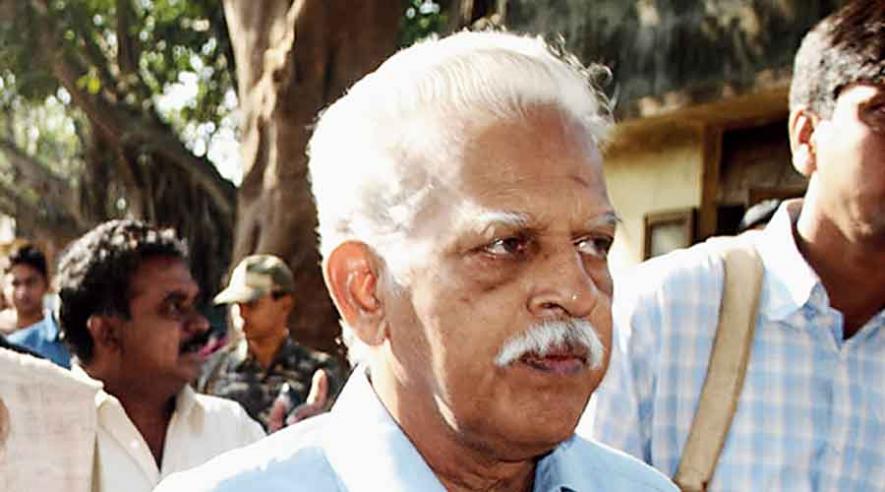
Image Courtesy: Telegraph India
It restores faith in the judiciary and augurs well for Indian democracy that the Bombay High Court has granted bail to revolutionary poet VV Rao on medical grounds. In a sense, the current regime and VV, as he is known among friends, are on opposite ends of the political spectrum.
To incarcerate somebody is certainly a political move, whatever may be the veracity of the charges being levelled against them. It is in this context that granting VV bail, and recognising his fundamental rights, sends the right signal for Indian democracy. Releasing him assures freedom of expression, and the right to protest, of many other citizens who may be social activists and are not revolutionaries.
That VV has been granted bail on medical grounds also helps restores a sense of balance, especially in a society that is repeatedly being driven towards hysteria. The court observed while passing the order, “With all humility at our command, keeping in view human consideration, the well-recognised fundamental rights of the undertrial to have quality medical aid for serious ailments suffered by him, advanced age, inadequate facilities in the hospital attached to the Taloja Central Prison, we are of the opinion that this is a genuine and fit case to grant relief; or else, we will be abdicating our constitutional duty and function as a protector of human rights and right to health covered under right to life guaranteed by Article 21 of the Constitution of India.”
One may fiercely disagree with what VV stands for, but one cannot wish away his views and make them an excuse to deny fundamental rights that every democratic society stands by. The ability to pause and reflect is a necessary civic act and it is a responsibility of citizens if they value their freedom. As Martin Luther King reminded us, “Injustice anywhere is a threat to justice everywhere.” There is always a need to see things in a more layered and nuanced manner. This, too, is a prerequisite for democracy and helps keep societies open. What this means is, disagreeing with the politics of VV Rao need not dissuade people from admiring the spirit by which he is driven and the honesty of his commitment to his ideals.
That spirit and honesty, notwithstanding the politics behind them, are deeper expressions of solidarity that are necessary for collective existence. They create in intangible ways spaces for the rest of us to think and breathe. These are the kind of efforts that build history. There is a parallel here with the ongoing farmer protest: they, even without articulating it, are defending democracy and the right to be heard of other even more vulnerable social groups and individuals.
How these spaces get carved out may not be immediately visible but they are a formidable representative of what the philosopher Voltaire once said: “I disapprove of what you say, but I will defend to the death your right to say it.”
A collective spirit and mutual compassion are necessary for rights to remain effective. These are the unstated preconditions that defend all citizen’s rights. All democracies are unstable and need to be made and remade every day. This is what cultural sociologist Jeffrey Alexander refers to as “civil repair”.
Societies decay and fragment and need to repair their corrosive tendencies. Such repairs happen through symbolic gestures that invoke deeper solidarities, as represented in the statement Disha Ravi made in the court, “If highlighting the farmers’ protest is sedition, I am better off in jail”. She brought home the point that to be imprisoned is only a condensed or concentrated form of a human condition that can be reproduced in our social existence, even outside the prisons. It reminds us of life, not mere existence.
Those who are not invested in politics or details of policy-making still empathise with the ageing farmers who are suffering at Delhi’s borders, just as those who support the CAA felt compassion for the aged dadis of Shaheen Bagh. Similarly, whether it is VV or Stan Swamy, age and ailment are a consideration that society cannot afford to ignore if it does not wish to become indifferent to its lifeworld.
Granting bail to VV is a celebration of life and our trust in the ability to live together despite serious differences of identities, opinions, and cultures. If we lose sight of these underlying commonalities in the face of our visible differences then we will also lose the space necessary to live these differences. In an obverse way, we will then become an undifferentiated lump. Societies will never cease to have differences and conflict but what is decisive is how we negotiate them. While the Holocaust remains, by far, the most gruesome collective failure, the ability and spirit to live through history as it unfolds, and to live it for others in whatever way we imagine, are still the greatest strength of VV Rao and people like him, cutting across ideologies.
The bane of modernity is that it has encouraged instrumental reasoning, but its counter is civic solidarity. The ability to find solidarity where serious differences are in sight restores to humanity its due.
The author is an associate professor at the Centre for Political Studies, Jawaharlal Nehru University, Delh. The views are personal.
Get the latest reports & analysis with people's perspective on Protests, movements & deep analytical videos, discussions of the current affairs in your Telegram app. Subscribe to NewsClick's Telegram channel & get Real-Time updates on stories, as they get published on our website.









